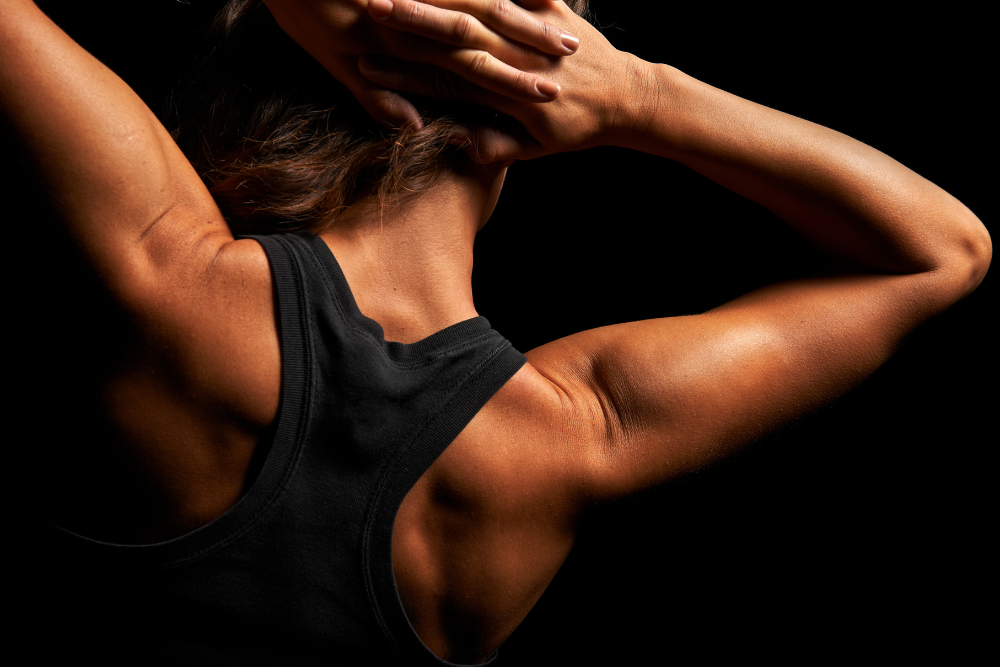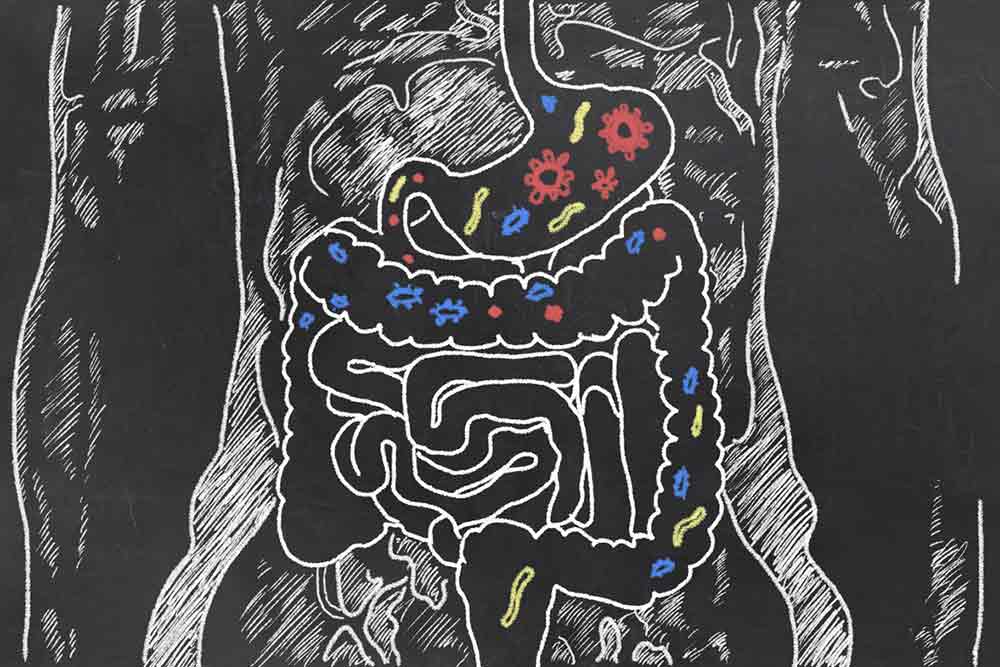DHA Supplementation Reduces Inflammation After Exercise

Alyssa Bialowas
Introduction to DHA Supplementation
Docosahexaenoic acid (DHA) is an omega-3 fatty acid. It is essential for the growth and functional development of the infant brain. It is a primary structural component and required for the maintenance of the adult human brain, cerebral cortex, skin, and retina in adults. Humans obtain DHA directly from maternal milk, fish oil, or algae oil. We also synthesize it from alpha-linolenic acid (one of two essential fatty acids necessary for health that the body does not create). Quintessential of omega-3 fatty acids, DHA has anti-inflammatory and pain-inhibiting effects. Due to this, it can have therapeutic effects on the body after strenuous exercise from inflammation and muscle soreness.
Repetitive, long-term, strenuous eccentric exercise can lead to the loss of joint range of motion. Dietary supplementation with DHA can assist in the severity of inflammation and muscle soreness. To study the effect of DHA supplementation on inflammation and muscle soreness after exercise, a research team in Missouri studied women only, to provide more information on female athletes’ response to supplementation. This study provided much needed evidence for benefits of DHA specific to women.
The Study
42 healthy women between the ages of 20-60 years old agreed to participate in this study. All were all without a history of supplementation within the last 6 months. The subjects were randomly assigned to receive DHA or receive a placebo. Outcomes were assessed after 7 days of supplementation, prior to the eccentric exercise protocol and again 48 hours after the eccentric exercise protocol.
Participants’ strength was assessed prior to supplementation, and the subjects participated in an exercise protocol to induce inflammation and soreness in the bicep muscle. Inflammatory markers and soreness ratings were measured before and 48 hours after exercise.
The Results
The DHA supplementation group experienced significantly less muscle soreness than the placebo group. Consquently, this indicates that short-term DHA supplementation reduces exercise-induced muscle inflammation.
Findings from the study provide evidence that very short-term (1-2 weeks) DHA supplementation reduces inflammation after strenuous exercise. Women in the DHA group experienced less soreness and stiffness, and preserved their range of motion in days following exercise, when compared to the placebo group.
Takeaway
In athletic female populations, DHA can therefore help facilitate recovery of the body after exercise and training. This subsequently allows room for better performance during competition. Moreover, results indicate that DHA supplementation is beneficial to elite athletes and beginner athletes alike, as individuals that start new exercise programs are prone to muscle soreness and inflammation.
Future research should thus consider long-term supplementation study design to observe long-term effects on athletes.
References
Corder, K., Ezekiel, U., McDaniel, J., Newsham, K., & Weiss, E. (2016). “Effects of Short-Term Docosahexaenoic Acid Supplementation on Markers of Inflammation after Eccentric Strength Exercise in Women.” Journal of Sports Science and Medicine, 15, 176-183.You Might Like:

















